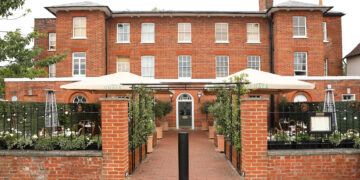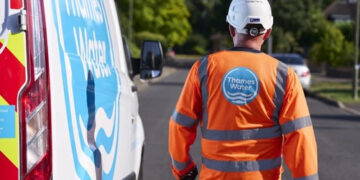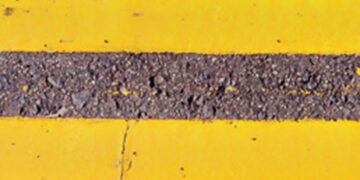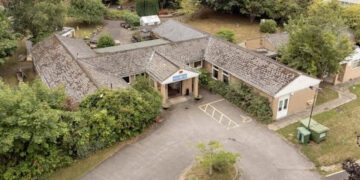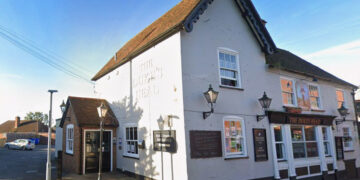FLY-TIPPING has increased across the borough, but the council said it is committed to “cracking down” on the issue.
Data released from Defra latemonth revealed 1,155 incidents of fly-tipping for 2019/20 – 38 more than the year before.
Wokingham was third in Berkshire for worst fly-tipping, after Reading and Slough which recorded 1,835 and 1,567 incidents respectively.
Across the county, Berkshire saw a 21% increase.
Cllr Clive Jones, Lib Dem lead for the environment, said in April and May of last year, there was an increase in fly-tipping, particularly around Shinfield.
He said this could be due to the nearby Smallmead waste and recycling centre being closed due to Covid-19.
“Lib Dem councillors were pushing the council’s leadership to refuse tips as soon as practicable,” he said. “They were slow to do this, but we got there in the end when a booking system was introduced.”
Cllr Jones said the Lib Dems fully support the efforts to reduce fly-tipping and issue fines to offenders.
He said: “There is no doubt that Wokingham Borough Council is upping its game as far as combating fly-tipping is concerned.
“We also support the extra funding recently provided by the council of about £150,000 to improve signage in hotspots and install extra CCTV.”
He suggested some of the increase in fly-tipping could be due to the continued charges, created in 2017 for DIY waste.
Cllr Parry Batth, executive member for leisure and environment at the council, said they operate a zero-tolerance approach to fly-tipping.
“Unfortunately we, like many other councils, have recorded an increase in fly-tipping incidents since the Covid-19 pandemic started,” he said. “This issue is not unique to our borough with this trend reflected across the country. Most recently, we have secured additional funding to tackle this head on.”
He said the data showed the borough was below the national and regional average.
“We had 6.7 incidents per 1,000 population, compared to 9.9 for the South East and 17.3 for all of England,” Cllr Batth said. “We issue fines every time we find any evidence of who is responsible for the waste.
“So far during 2020/21 we’ve issued 47 fines and received roughly £11,500 in income, which we are investing back into our enforcement activities.
“Households can be fined from £80 to £400 if a fly-tip is traced back to their address. If residents don’t comply they could be fined £50,000 if convicted in magistrate’s court.”
Cllr Batth said the council also investigates reports of vehicles used in fly-tipping incidents and aims to trace and prosecute the registered owner.
“The police and our environmental enforcement officers have the power to seize, impound and crush any vehicle used for fly-tipping,” he added.
“We regularly monitor hot spots including the A329 and the A33 towards Basingstoke.
“We have portable CCTV cameras which we regularly rotate around the borough to catch perpetrators in the act. The council has recently purchased four more cameras to crack-down on criminals.”
Cllr Batth urged all residents to dispose of their waste responsibly, and use the re3 tips in Bracknell and Reading.
The borough data did not include fly-tipping incidents on privately-owned land, which are thought to be ‘significantly more’ than public areas.
The Country Land and Business Association (CLA) believes the figures do not fully reflect the severity of the situation.
Mark Bridgeman, CLA president called them “the tip of the iceberg”.
“Cases of fly-tipping on privately owned land are significantly more than on public land so these government figures do not reflect the true scale of this type of organised crime, which blights our rural communities,” he said.
“Part of the problem is that it’s currently too simple to gain a waste carrying licence that enables firms to transport and dispose of waste – and this needs urgent reform with correct checks put in place.
“A revamped system would act as a deterrent.”
Mr Bridgeman said although the maximum fine for anyone caught fly-tipping is £50,000 or 12 months in prison — this is seldom enforced.
“Unless tougher action is taken to combat this kind of rural crime, it will continue to increase,” he warned.
The most common size category for fly-tipping incidents in 2019/20 was equivalent to a small van load, followed by the equivalent of a car boot or less.



